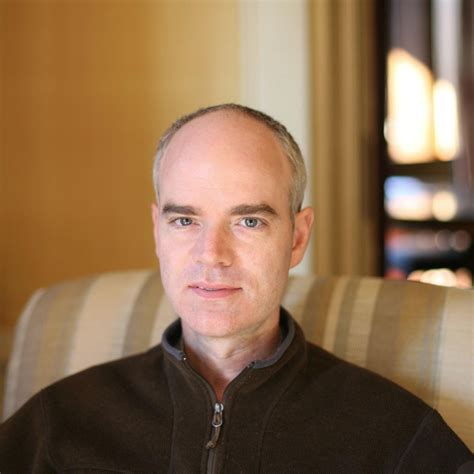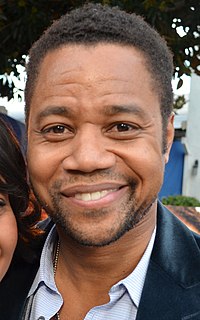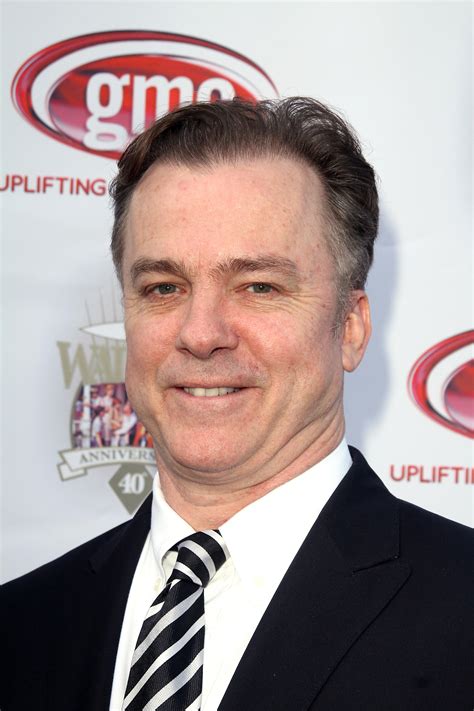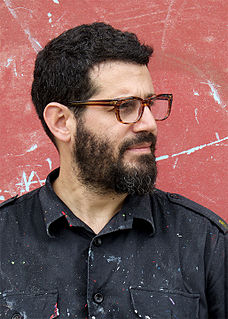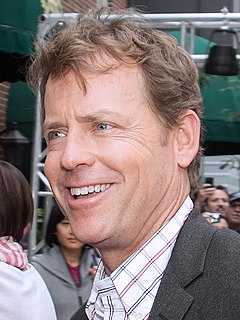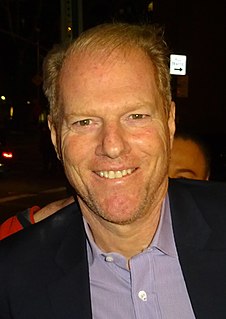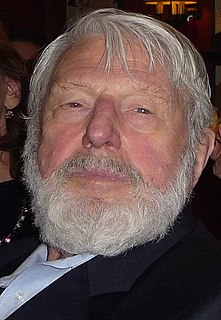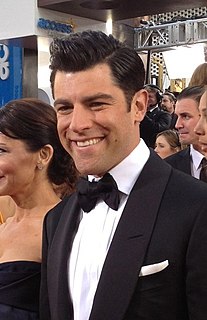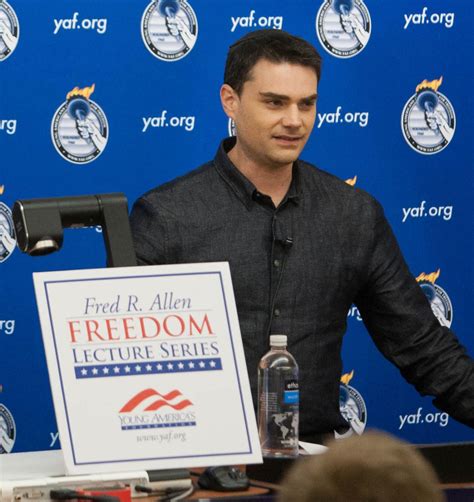A Quote by Nilo Cruz
Theater is about interpretation and what an actor and what a director brings to a piece too. I'm open to it every time I work with a director and a group of actors. I have to be open to that interpretation. I'm not one of those hysterical playwrights that come and say, "This is not what I intended to do." It's one rendition of the piece.
Related Quotes
One of the good thing about theater in the states, is that the playwright we do have a say, especially in the beginning, when the play is being discussed around the table. We talk about the play, and the actors listen, and there have been cases, you disagree on something... I mean, actors don't usually tell you what they're going to do, they do it. Of course, you try to speak with the director and say, "Is there any way you can bring this actor to do something different?" You try as much as you can, but then, you also have to be open to interpretation.
Actors always direct themselves. A good actor shows up onset ready, especially in television, and you've done your homework and you know your character. The director may have some variation on what you're thinking or they may have a different interpretation of the scene. So you come prepared to shoot and you've given yourself notes. In television, it may be the first time you're meeting this director and you've been living in this character's skin for a couple of years. It's always great to have fresh perspective and fresh insight, but no one knows your character better than you do.
John Huston was the kind of director that totally left you alone. Not every actor always does it right, every time, but most of the time he was re-directing someone. He was making tight adjustments, and not even in terms of interpretation because he knew that by the time that the character had been filmed... well, he got it right when he cast you.
Your actors need to trust you as a director, but normally, I think you just need to have an open communication between the actors and the director. I think the director needs to really paint his or her vision to the cast and let them know the kind of mood that he or she is making. I think that's very important.
The dream, I think, with any project is it starts with an idea, and then somebody writes it, and the writer hopes that a director comes on and makes this piece of material visual, and both the director and writer hope that they can have actors come in and bring something to it that neither one of them expected, elevating it along the way.
As a director you already have a script, you have actors... you have collaborators when you're a director. When you're writing there's no one to collaborate with, there's no material to look at. I haven't adapted something yet, so, I'm sure that would be helpful. When you're writing an original piece you have nothing.
I love the variety of films. In theater, you go into a room and the director runs the room, so you all work to his or her method. On film, if an actor or an actress is in for a day or two, the director has to get out of that actor what they need, so they have to change and adapt to that actor's technique.

